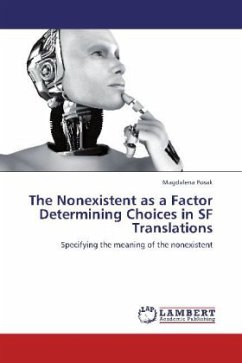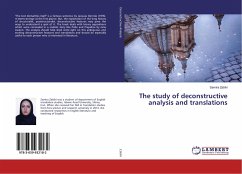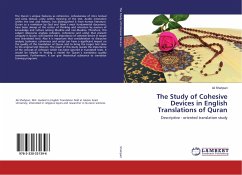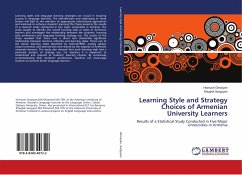Intercultural communication assumes understanding of the meanings conveyed across cultures. Many linguists and translators believe, bravely denying the notion of untranslatability or incomprehensibility, that as long as a concept exists in a particular culture, one may comprehend it in the first place, and then translate explain, to the TL audiences. But what if the con-cept exists solely in the author s imagination? Nowhere else. What if the whole new worlds and realities find place for their existence in a realm as intangible as a human mind? This is precisely the case of innovative conceptualization characteristic for the science fiction (SF) genre. And then again, to what extent the nonexistent influences the process of translation? Which translator's decisions prevail on the way to successful translation? Are we entitled to view those decisions through the prism of the nonexistent? In pursuit of the answers the predominant question comes to the fore - how do you translate something that does not exist?
Bitte wählen Sie Ihr Anliegen aus.
Rechnungen
Retourenschein anfordern
Bestellstatus
Storno








